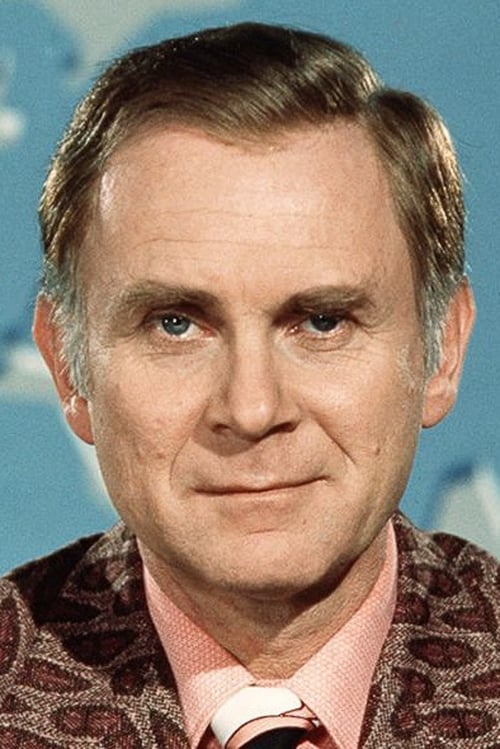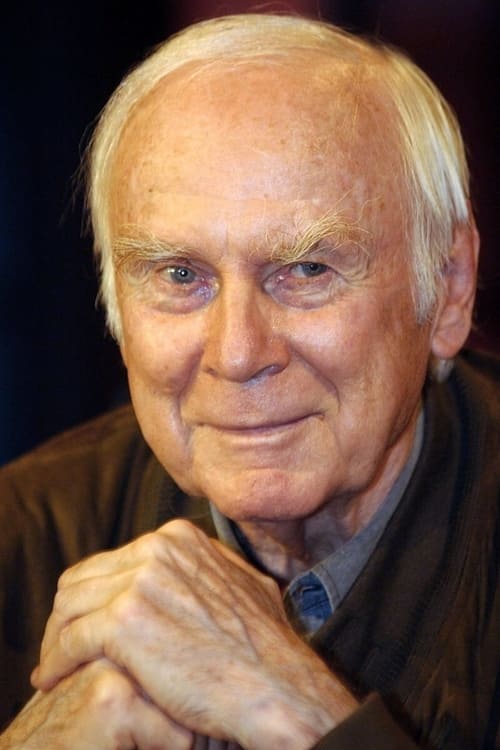
Vicco von Bülow
Nacimiento : 1923-11-12, Brandenburg, Germany
Muerte : 2011-08-22
Historia
Auszug dt.Wikipedia
Bernhard-Viktor Christoph-Carl von Bülow (Loriot) wurde am 12. November 1923 als Sohn des Polizeileutnants Johann-Albrecht Wilhelm von Bülow (1899–1972) und dessen erster Ehefrau Charlotte Mathilde Luise, geborene von Roeder (1899–1929), Tochter Otto von Roeders (1876–1943), in Brandenburg geboren. Seine Eltern ließen sich 1928 in Gleiwitz scheiden.
Bei der Familie von Bülow handelt es sich um ein altes mecklenburgisches Adelsgeschlecht mit gleichnamigem Stammhaus im Dorf Bülow bei Rehna. Der Name Bülow wurde erstmals 1154 bei der Grundsteinlegung des Ratzeburger Doms urkundlich erwähnt. Die Stammreihe beginnt mit Godofridus de Bulowe (1229).[2][3] Viele Mitglieder der Familie brachten es im Staatswesen, beim Militär und in der Kirche zu hohen Ämtern oder machten sich um das Kulturleben verdient.[4] Zu Vicco von Bülows Verwandten zählt Bernhard von Bülow, Reichskanzler im Deutschen Kaiserreich.
Von Bülow war ab 1951 mit der Hamburger Kaufmannstochter und damaligen Modeschülerin Rose-Marie, geborene Schlumbom, genannt Romi (* 1929), verheiratet und war Vater zweier Töchter – Bettina und Susanne – sowie Großvater zweier Enkelkinder;[5] er lebte von 1963 bis zu seinem Tod in Ammerland am Starnberger See.[6]
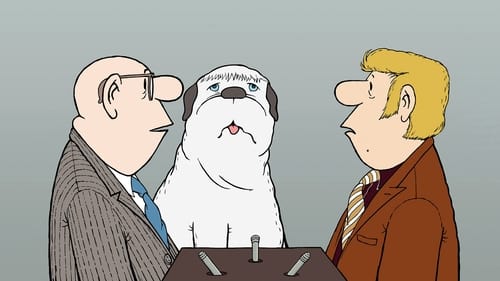
Director
Loriot, whose real name was Bernhard-Viktor Christoph-Carl von Bülow, or Vicco von Bülow for short (1923-2011), is considered to have been the greatest and most versatile German comedian of the twentieth century. From 1976 to 1978, Radio Bremen commissioned his six-part television series “Loriot”, in which live action skits alternated with short animated sketches. The series is believed to be the highpoint of Loriot’s television work and was to establish his cult status; it has long been an integral part of German cultural heritage.

Loriot, whose real name was Bernhard-Viktor Christoph-Carl von Bülow, or Vicco von Bülow for short (1923-2011), is considered to have been the greatest and most versatile German comedian of the twentieth century. From 1976 to 1978, Radio Bremen commissioned his six-part television series “Loriot”, in which live action skits alternated with short animated sketches. The series is believed to be the highpoint of Loriot’s television work and was to establish his cult status; it has long been an integral part of German cultural heritage.

Director

Himself

Writer
Year by year millions celebrate Christmas with the Hoppenstedts. Where else would you learn how to have comfortable holidays (like with the game "Wir bauen uns ein Atomkraftwerk") and how to put secretly dispose of wrapping paper in the hallway?

Director
Year by year millions celebrate Christmas with the Hoppenstedts. Where else would you learn how to have comfortable holidays (like with the game "Wir bauen uns ein Atomkraftwerk") and how to put secretly dispose of wrapping paper in the hallway?

Opa Hoppenstedt
Year by year millions celebrate Christmas with the Hoppenstedts. Where else would you learn how to have comfortable holidays (like with the game "Wir bauen uns ein Atomkraftwerk") and how to put secretly dispose of wrapping paper in the hallway?
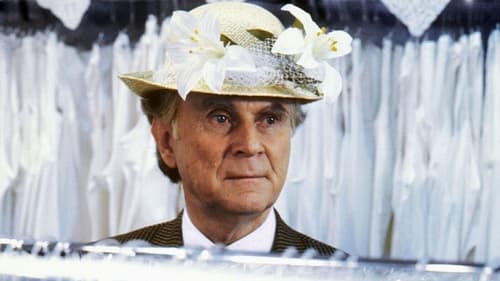
Heinrich Lohse
After ordering enough typewriting paper for 40 years, just to get discount, Heinrich Lohse is forced to retire.

Screenplay
After ordering enough typewriting paper for 40 years, just to get discount, Heinrich Lohse is forced to retire.

Director
After ordering enough typewriting paper for 40 years, just to get discount, Heinrich Lohse is forced to retire.
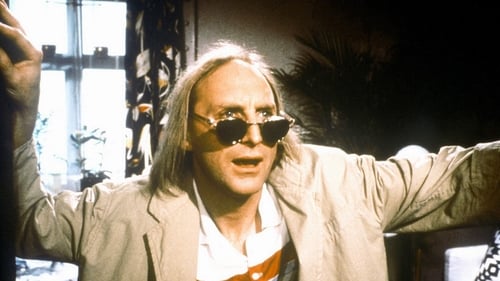
Paul Winkelmann
Otto is the only one who is able to save his Frisian fatherland; but he needs the help of his brother, who is abroad. But his brother does not want to fulfill what he has sworn as a child. So it takes Otto a while to convince him while time is running low for his plans to save East-Frisia.
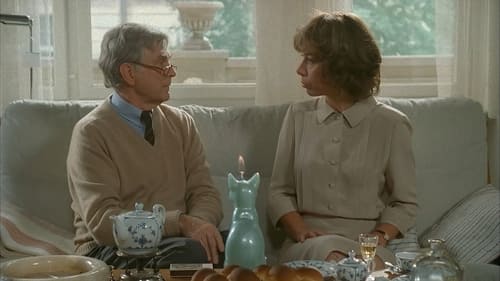
Screenplay
Paul Winkelmann is the CEO of a successful business in Hamburg that he took over after the death of his father eight years ago. But he is still strongly dominated by his 78 year old mother who cares for him as a child, and who cannot understand why he took an apartment on his own after all these years. The real "problem" starts when Paul gets to know psychologist Margarethe Tietze whose relationship to her parents is also not so easy after all.

Paul Winkelmann
Paul Winkelmann is the CEO of a successful business in Hamburg that he took over after the death of his father eight years ago. But he is still strongly dominated by his 78 year old mother who cares for him as a child, and who cannot understand why he took an apartment on his own after all these years. The real "problem" starts when Paul gets to know psychologist Margarethe Tietze whose relationship to her parents is also not so easy after all.

Director
Paul Winkelmann is the CEO of a successful business in Hamburg that he took over after the death of his father eight years ago. But he is still strongly dominated by his 78 year old mother who cares for him as a child, and who cannot understand why he took an apartment on his own after all these years. The real "problem" starts when Paul gets to know psychologist Margarethe Tietze whose relationship to her parents is also not so easy after all.

Klaus-Günther Bröse

Walter, der Göttliche

Opera critic
A musical comedy written by Heinz Erhardt and his son Gero Erhardt.

Loriot

Director
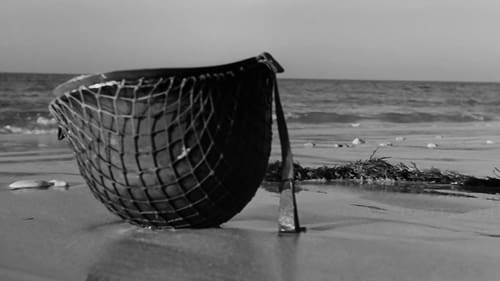
Pemsel's adjutant (uncredited)
Reconstrucción con todo lujo de detalles de uno de los episodios claves para el desarrollo de la II Guerra Mundial: el desembarco en las playas de Normandía llevado a cabo por las tropas aliadas en junio de 1944.

Kauziger Professor
Las fervientes oraciones de un monje producen un verdadero milagro en una ciudad industrial de Alemania del Oeste, que, sin embargo, no es entendido por la gente más que como una acción con afán lucrativo.
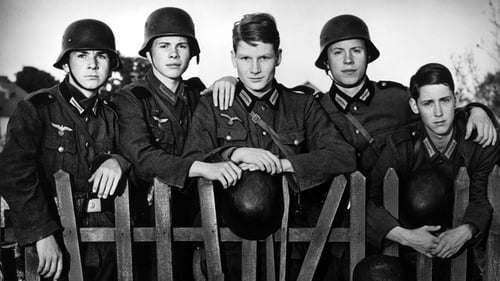
Stabsweldfebel
Alemania, 1945. Últimos meses de la Segunda Guerra Mundial. El conflicto se puede dar casi por concluido, pues el país ha sido invadido por las tropas aliadas. Ya no quedan soldados adultos que defiendan las posiciones, tan sólo adolescentes. En una pequeña ciudad, un grupo de jóvenes ha recibido la orden de proteger un pequeño puente. Enardecidos ante la idea de defender a su país, y entusiasmados por la ideología nazi de "sangre y honor", los chicos se disponen a cumplir las órdenes recibidas.

Matrose
Four young German naval cadets begin their military service in 1940; only one of them will survive.

Page am Hof des Herzogs Karl Eugen
The young Schiller, whose heart and soul are writing and poetry, is forced into the military academy (the pride and joy of the Duke of Württemberg). Schiller is disgusted by the everyday routine of the military, always back and forth between breeding and drills. Conversation, conflict or even critique are discouraged – the oppression insufferable for the young rebel. Disgusted by the brutality, he writes his drama "The Bandit", which he would later publish anonymously. But following a frank conversation with the Duke, Schiller is dishonored and must leave the land.

